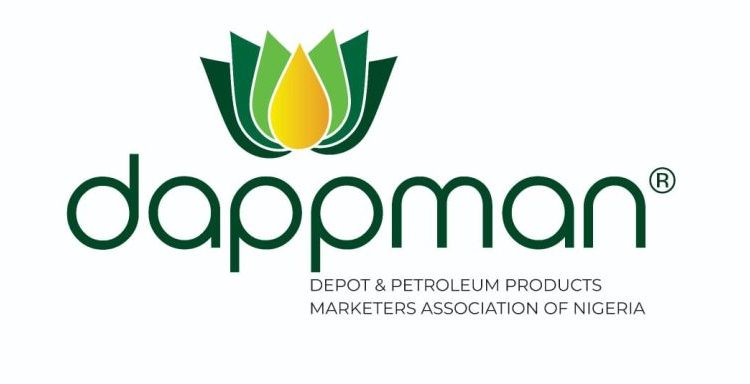
The Depot and Petroleum Products Marketers Association of Nigeria (DAPPMAN) has described Dangote Refinery’s fuel distribution scheme as deceptive and exploitative.
In a statement responding to the ongoing face-off between the National Union of Petroleum and Natural Gas Workers (NUPENG) and Dangote Refinery, DAPPMAN argued that the initiative was not in the best interest of the downstream sector.
Dangote Refinery had on Thursday announced plans to commence nationwide distribution of petrol and diesel using 4,000 compressed natural gas trucks.
NUPENG, however, accused the refinery and the federal government of plotting to weaken the union and edge out other operators in the industry.
DAPPMAN, which has consistently opposed the distribution arrangement, maintained that the scheme would ultimately impose extra financial pressure on petroleum marketers.
“The claim that the refinery offers ‘free delivery’ is also misleading. In reality, marketers are required to lift at least 25 per cent of their allocations directly from the refinery gantry and must do so using only Dangote-owned trucks, paying commercial rates based on their destination. This arrangement imposes additional logistical and financial burdens on marketers, limits operational flexibility, and undermines the narrative of cost relief being provided to the local market,” DAPPMAN stated.
DAPPMAN said Dangote Refinery fuel reduction is mainly to frustrate other businesses within the value chain.
“Claims that repeated fuel price reductions by the Dangote Refinery are patriotic gestures ignore their timing and market impact. These reductions were often strategically timed when other importers had active cargoes at sea or in tanks, creating price shocks that undermined competition and imposed financial strain on fellow market participants, including the refinery’s own domestic customers.
According to DAPPMAN, Dangote Refinery shortchanged domestic buyers with higher prices while selling to international buyers at a lower cost.
“Even more concerning is the refinery’s pattern of offering lower prices to international buyers while quoting higher rates to local off-takers. This contradicts public-facing claims of prioritising Nigerians and places unnecessary burden on domestic businesses already operating under tight margins.”








